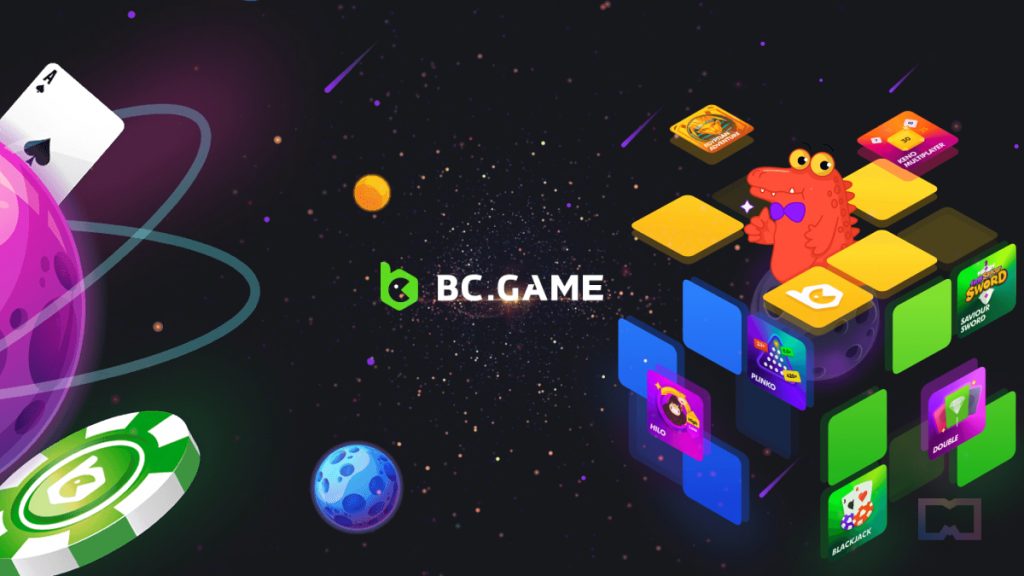
What is Stake?
In various fields, the term what is stake has significant implications and carries distinct meanings. Whether in finance, gaming, or even personal relationships, understanding what stake means can help clarify responsibilities, benefits, and risks involved. This article will delve into the different contexts in which stake is utilized and the importance of recognizing one’s stake in any given situation.
The Financial Context of Stake
In finance, the term « stake » often refers to ownership interest in a company or an investment. When an individual says they have a stake in a company, they are essentially expressing that they have invested capital into it and, therefore, have a vested interest in its performance. This could manifest as equity ownership, where shareholders own shares of stock in a business. The value of their stake will increase or decrease based on the company’s performance and market conditions. Understanding one’s stake is also crucial when it comes to corporate governance, as stakeholders often have the right to influence decisions that affect the company’s trajectory.
Moreover, stake can refer to the level of influence one has regarding specific decisions. In venture capital, for example, investors take a stake in startups, often negotiating the terms of their investment, which could include equity shares in return for funding. The size of the stake usually determines how much control or decision-making power an investor has in the startup’s operations.
Stakes in Gaming and Betting
Another context where the term stake is heavily used is in gaming and betting. In this scenario, a stake refers to the amount of money wagered or bet. Players have a stake in the outcome of games based on the amount they put at risk, influencing not only the potential winnings but also the level of gameplay and strategy involved. For example, a high-stakes poker game attracts players willing to bet large sums, which can lead to bigger wins but also higher risks of losses. Understanding the stakes in gaming scenarios can help participants make informed decisions on their betting behavior and risk tolerance.
Furthermore, the stakes in games can affect the dynamics among players, including psychological pressures and bluffing tactics. The higher the stakes, the more intense the competition often becomes, impacting how players analyze each other’s behaviors and make decisions.

Social and Personal Stakes
Beyond financial and gaming contexts, the concept of stake can also apply to social and personal relationships. Here, a stake might refer to someone’s investment in the outcome of a decision or scenario, which could involve emotional, social, or reputational capital. For instance, in a work environment, co-workers may have a stake in projects that influence their job security, future promotions, or team dynamics. Recognizing personal stakes encourages individuals to communicate openly and transparently about their interests and concerns.
Additionally, in interpersonal relationships, understanding each other’s stakes in various situations – be it in friendships, partnerships, or family dynamics – can lead to healthier and more constructive interactions. Acknowledging what is at stake for each individual can foster empathy and collaboration, allowing for better conflict resolution and shared goals.
The Importance of Assessing Stake
Regardless of the context, assessing one’s stake and understanding the stakes of others is crucial for making informed decisions. It involves evaluating potential benefits, understanding risks, and recognizing influences on outcomes. This assessment can enhance strategic planning, negotiation tactics, and even personal relationships. In business, for example, a thorough understanding of stakeholder interests is paramount for effective communication and building alliances.
When individuals grasp what is at stake, they are more likely to engage thoughtfully in discussions, considering multiple perspectives and possible consequences. It encourages a collaborative approach that can lead to favorable outcomes and shared successes.
Conclusion
In summary, the concept of stake is multifaceted, encompassing diverse fields from finance and gaming to personal relationships. By understanding what stake means and the implications it carries, individuals can navigate various situations with greater awareness and insight. Whether it is in making investment decisions, engaging in strategic gameplay, or fostering healthy relationships, recognizing the stake involved is intrinsic to achieving positive results and enhancing communication.
Ultimately, having a stake in any situation signifies a deeper connection not only to the outcome but to the participants involved. By cultivating an understanding of stakes and their meanings, we can work towards more informed decisions and successful outcomes in all aspects of life.



If some one wishes expert view concerning blogging and site-building ater that i
sugges him/her to go to see this webpage, Keep up the good job.
Feel free to visit my webpage event transportation NYC